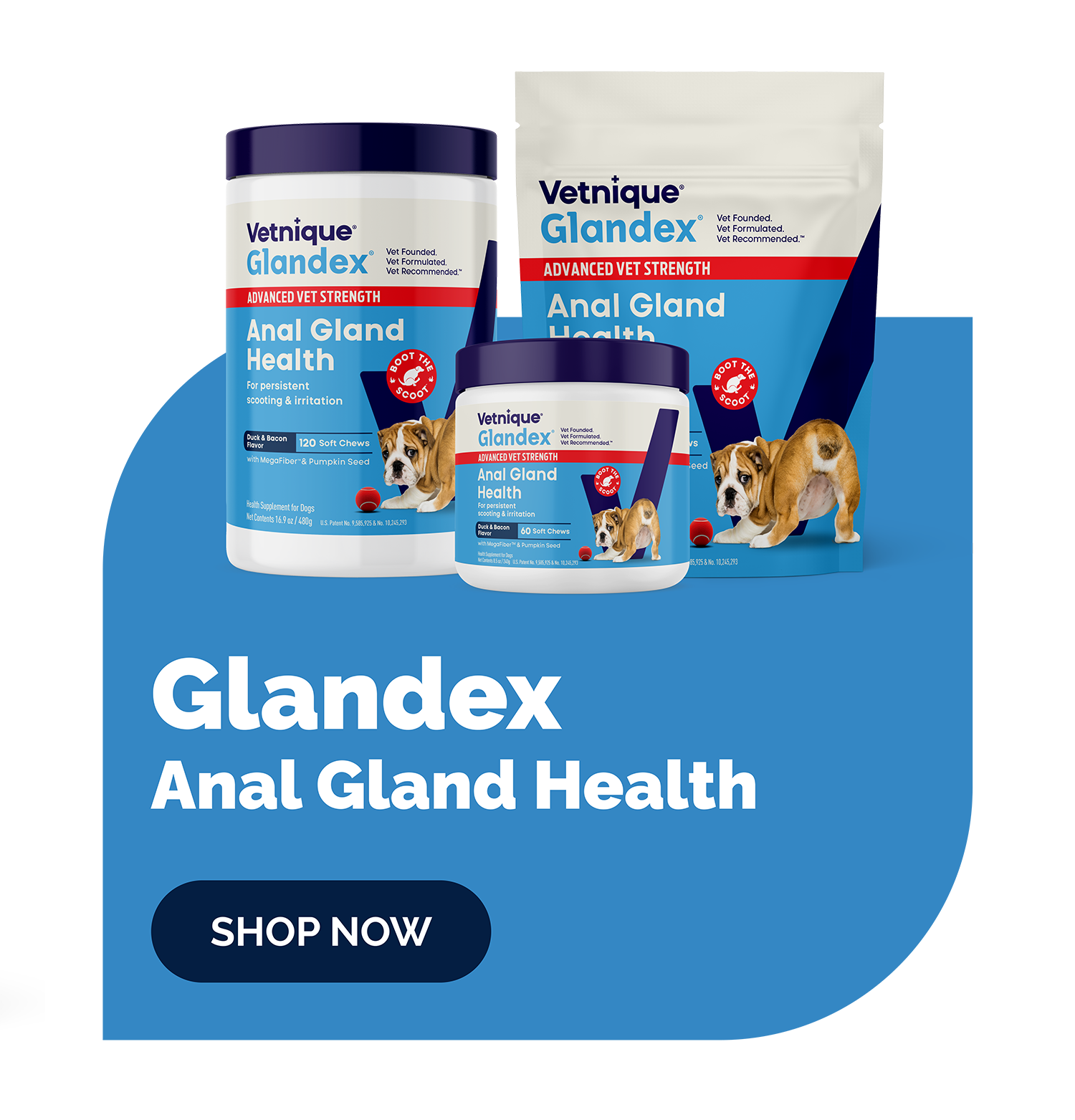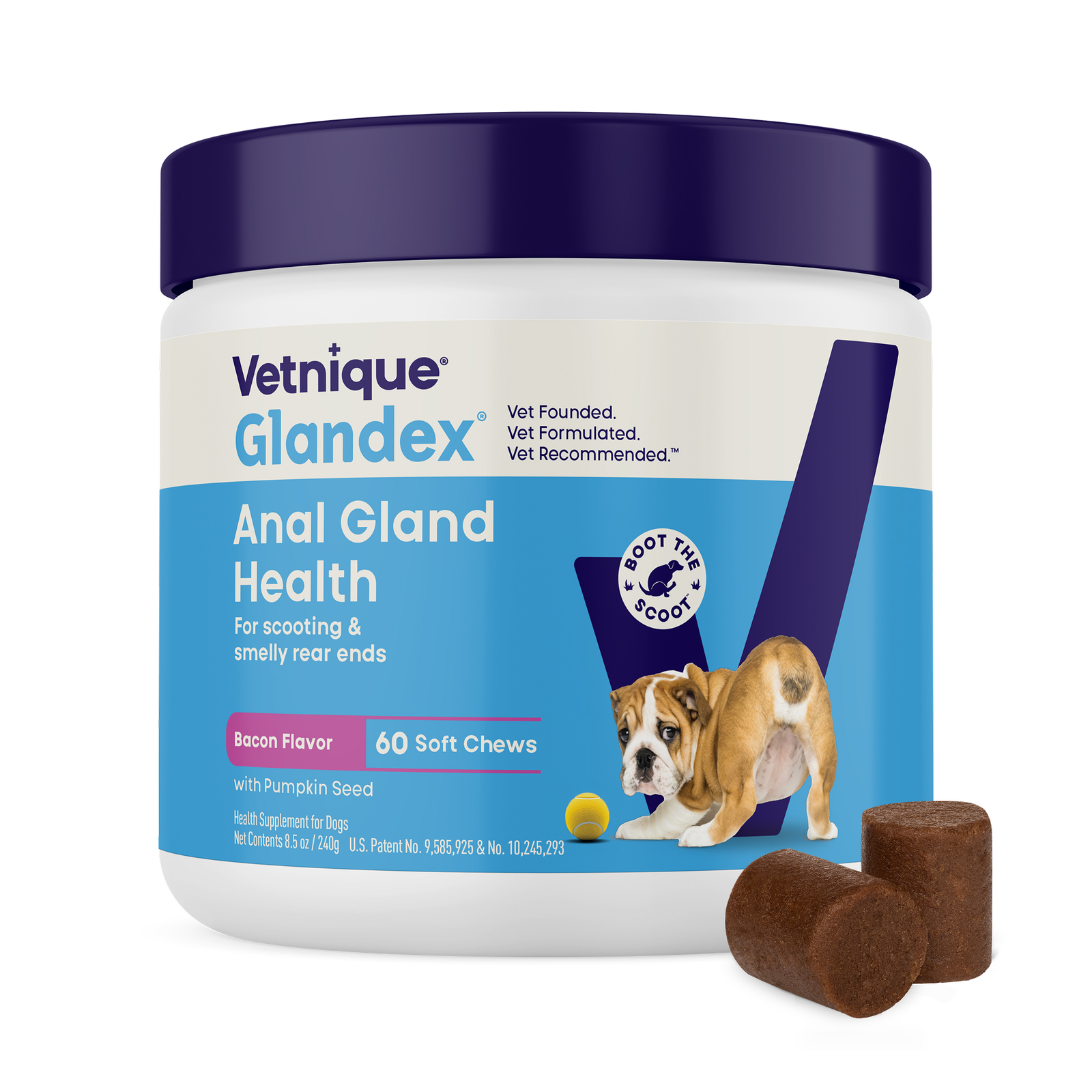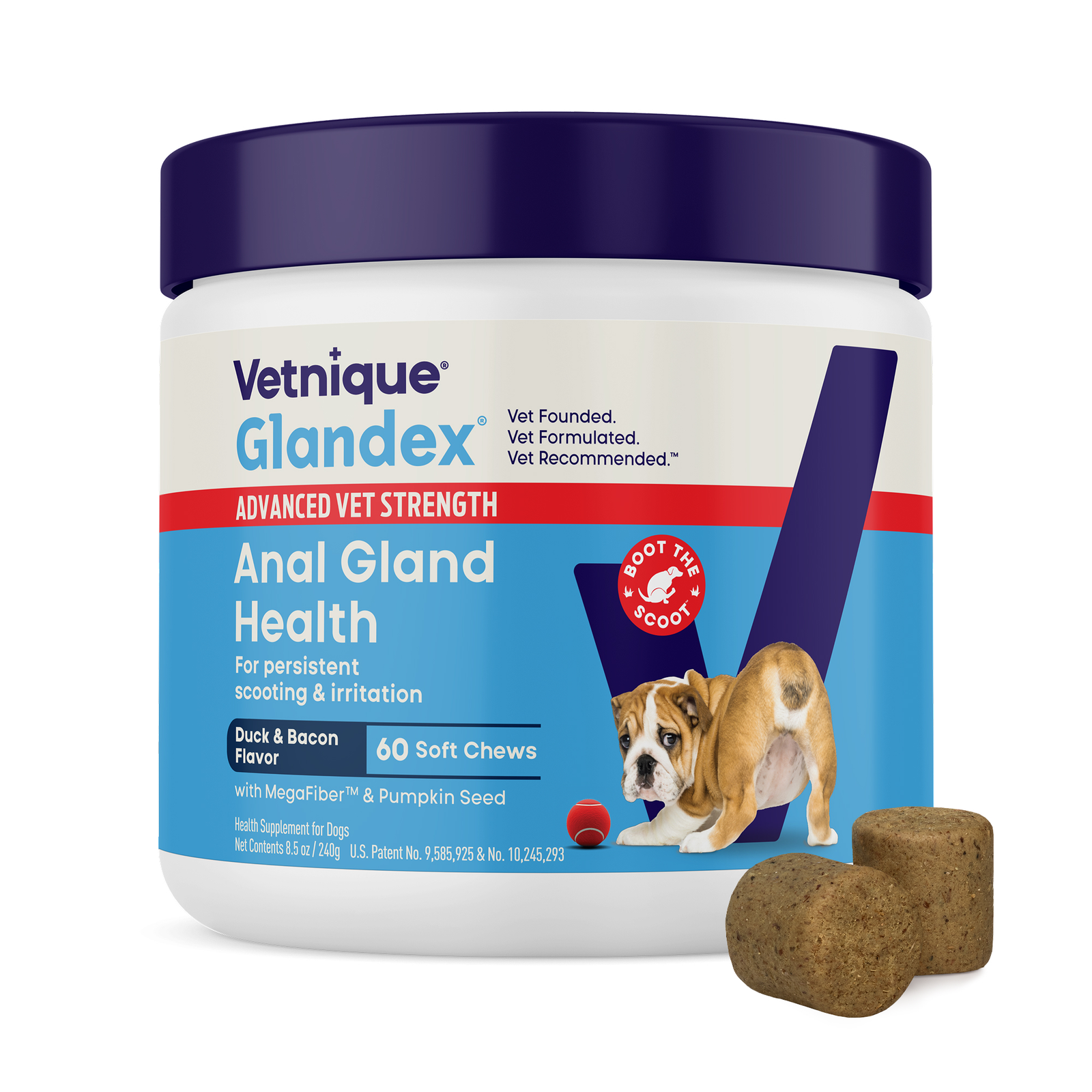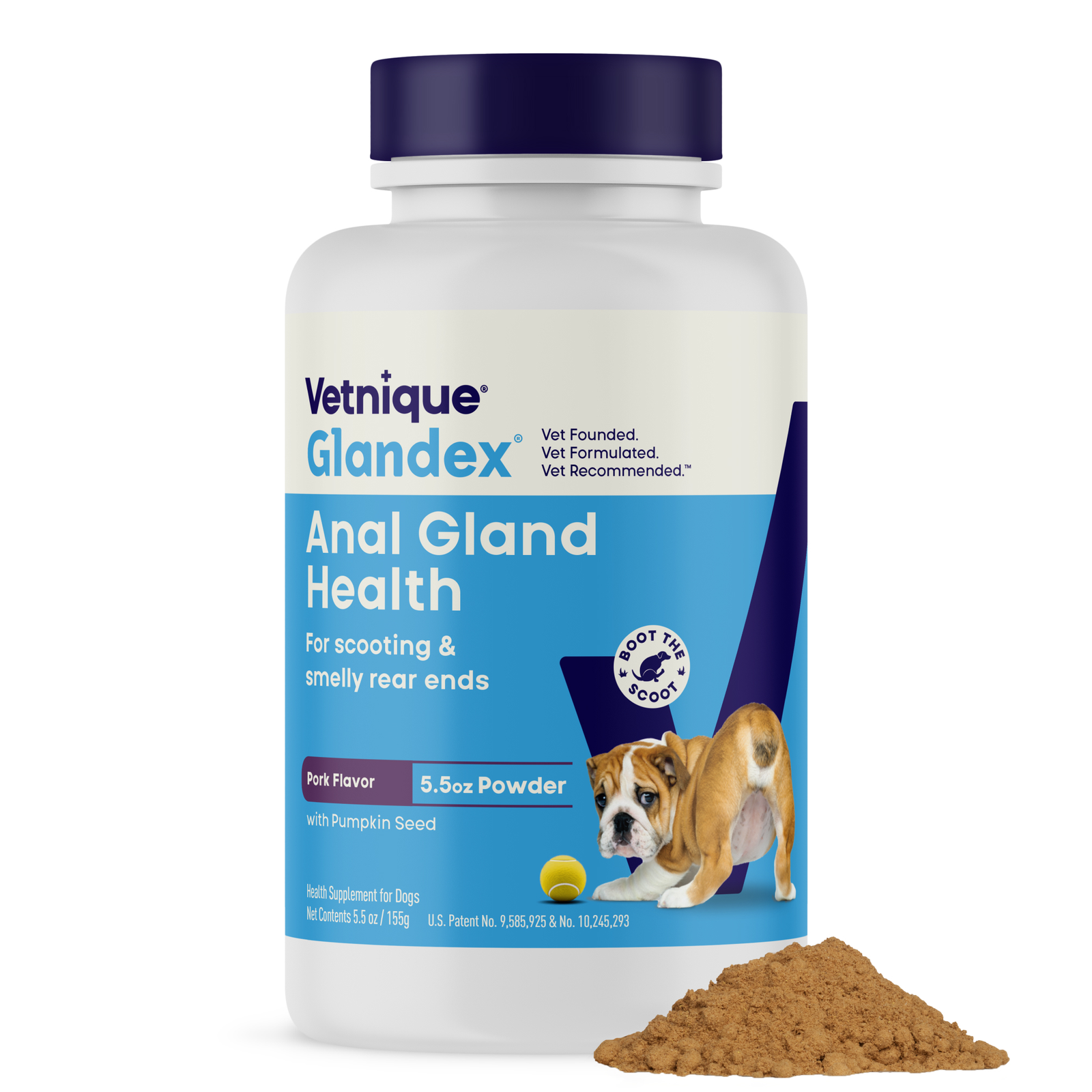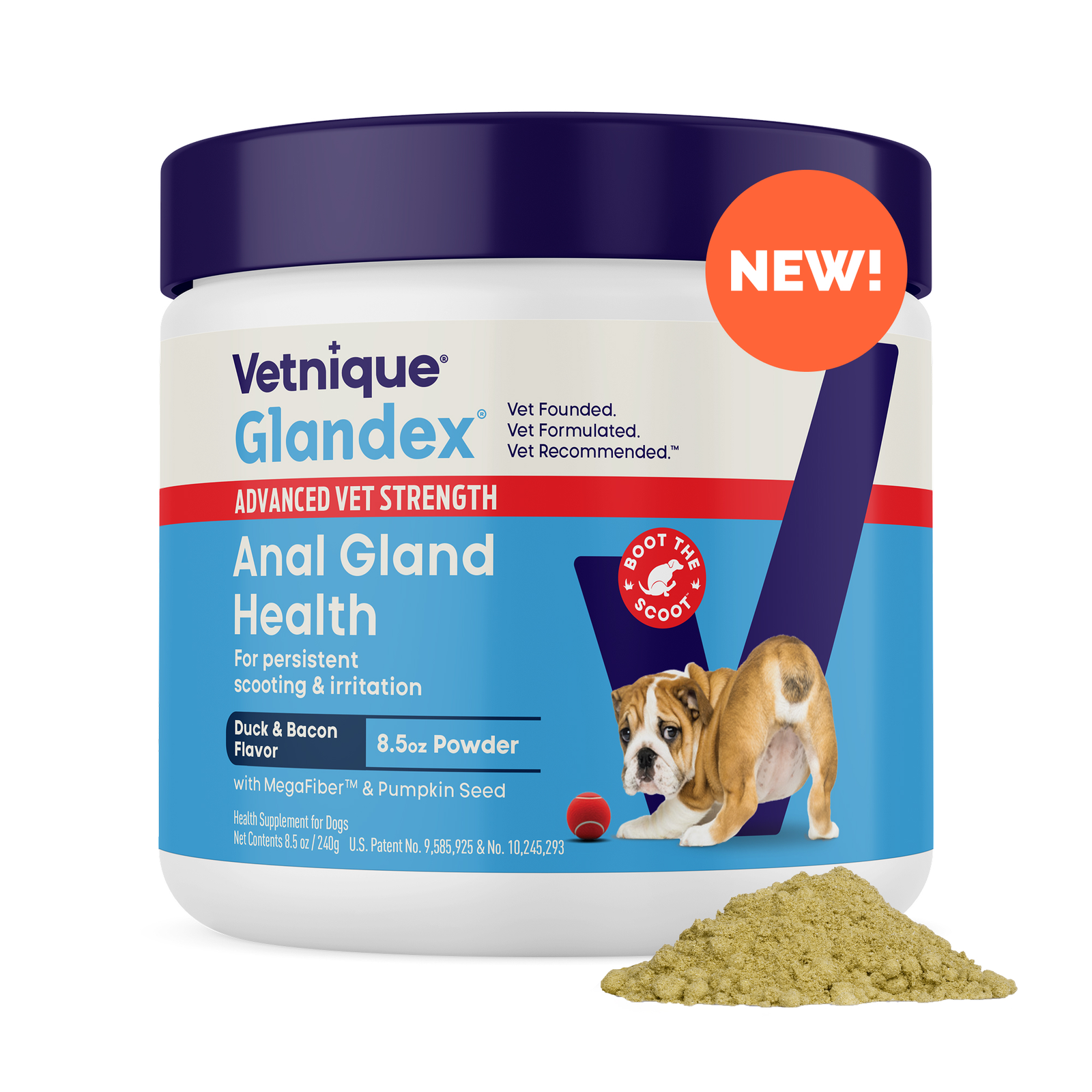Can Dogs Eat Chocolate? The Final Word on Chocolate for Dogs
Vet Verified
NOV. 2023 | WRITTEN BY DR. PATRICK MAHANEY

Chocolate––it's a delightful treat for us but for our furry friends, it's a different story. Most pet parents know the answer to, "Can dogs eat chocolate?" To make sure the answer is crystal clear, we’re laying out the facts about dogs and chocolate. We’ll explore why chocolate is a no-go for our canine companions and what to do if your dog indulges in this tempting but dangerous delight.
Can dogs eat chocolate?
The answer to the question, "Can dogs eat chocolate?" is a resounding NO. Chocolate contains two compounds that are toxic to dogs: theobromine and caffeine. The darker the chocolate, the higher the concentration of these harmful substances.
Can dogs eat white chocolate? How about milk chocolate? White chocolate contains significantly less theobromine, but it's still best to keep it away from your pets. And while milk chocolate also contains less theobromine and caffeine, there’s still enough to cause trouble––and the addition of milkfat can cause an upset stomach in dogs.
Why is chocolate bad for dogs?
Let’s get to the bottom of why chocolate is a big red flag for our four-legged friends. When it comes to why chocolate is bad for dogs, theobromine and caffeine are at the center of the conversation.
Theobromine and caffeine affect a dog's nervous system and heart, potentially leading to a range of symptoms from restlessness and rapid breathing to seizures and, in severe cases, death. Dark chocolate, cocoa powder, and baking chocolate have the highest theobromine and caffeine levels, making them particularly hazardous for dogs.
Signs of chocolate poisoning in dogs
-
Vomiting
-
Diarrhea and other bowel movement abnormalities (increased frequency, straining, etc.)
-
Increased heart and respiratory rate
-
Muscle tremors
-
Restlessness and hyperactivity
-
Elevated body temperature
-
Seizures
-
Coma
Smaller dogs are more susceptible to adverse effects, as are puppies and elderly dogs. That’s why understanding these signs is so important––so that if your dog ate chocolate, you’d be able to quickly gauge the level of danger and act promptly!
What to do if your dog eats chocolate
If you suspect your dog has ingested chocolate, time is of the essence. It's crucial to contact your veterinarian or an emergency pet clinic immediately. Be prepared to provide details about the type and amount of chocolate consumed––this information will help the vet assess the situation and determine the best course of action.
In the case of chocolate ingestion, inducing vomiting or other home remedies are NOT recommended without professional guidance, as they can potentially worsen the situation. In addition to inducing vomiting, veterinary treatments may involve administering activated charcoal to limit further absorption of the toxic compounds, supportive care such as intravenous fluids, and medications to manage symptoms.
In the long run, prevention is the best approach. Keep chocolate and products containing chocolate out of your dog's reach. Educate everyone in your household–especially children– about the dangers of letting dogs indulge in this human delicacy.

Commonly asked questions about dogs & chocolate
Have a concern about how much chocolate your dog ate? Some of the most commonly asked questions involve quantity concerns, type of chocolate, and more.
-
My dog ate a small piece of chocolate. Can it make them sick?
A small piece of chocolate shouldn’t be fatal for your dog, but it may cause an upset stomach, and should always warrant a call to your veterinarian. Keep a close eye on your pooch to make sure they aren’t having adverse reactions that could signal danger––and make sure they don’t snag another bite!
-
My dog ate chocolate chip cookies. What now?
Chocolate chip cookies aren’t good for your dog. Some cookies might have more chocolate than others, as well as other tummy-disrupting ingredients like milk fat, sugar, and other additives (nuts, raisins, etc.). Keep cookies out of reach, monitor your pet for symptoms, and contact your veterinarian if you’re worried about chocolate toxicity.
-
My dog ate chocolate but is acting fine––should I be worried?
So your dog ate chocolate, but they’re not showing symptoms of toxicity. Keep in mind that it can take 6-12 hours for these symptoms to show up, so if they’ve eaten chocolate, don’t wait until it’s too late. Contact your veterinarian for the best steps to take to keep your dog safe.
-
Can I use a dog chocolate calculator?
If your dog has eaten chocolate but you're not sure if it was a toxic dose, there are chocolate toxicity calculators online to help! Enter your dog’s weight and the estimated amount of chocolate they ate. It will tell you whether or not you’ll need to contact your veterinarian or take them in for immediate emergency attention. We recommend the Chocolate Toxicity Calculator from Merck Veterinary Manual for a quick, accurate assessment.
Chocolate is a treat that should never be on your dog's menu. The answer to "Can dogs eat chocolate?" will always be "no" because of the compounds theobromine and caffeine that are toxic to dogs. Knowing the signs of chocolate poisoning and acting swiftly if your dog ingests chocolate can be a lifesaver! Keep a dog chocolate calculator bookmarked on your phone for those moments when fido gets a sweet tooth, and remember––always keep chocolate far out of your pet’s reach.
